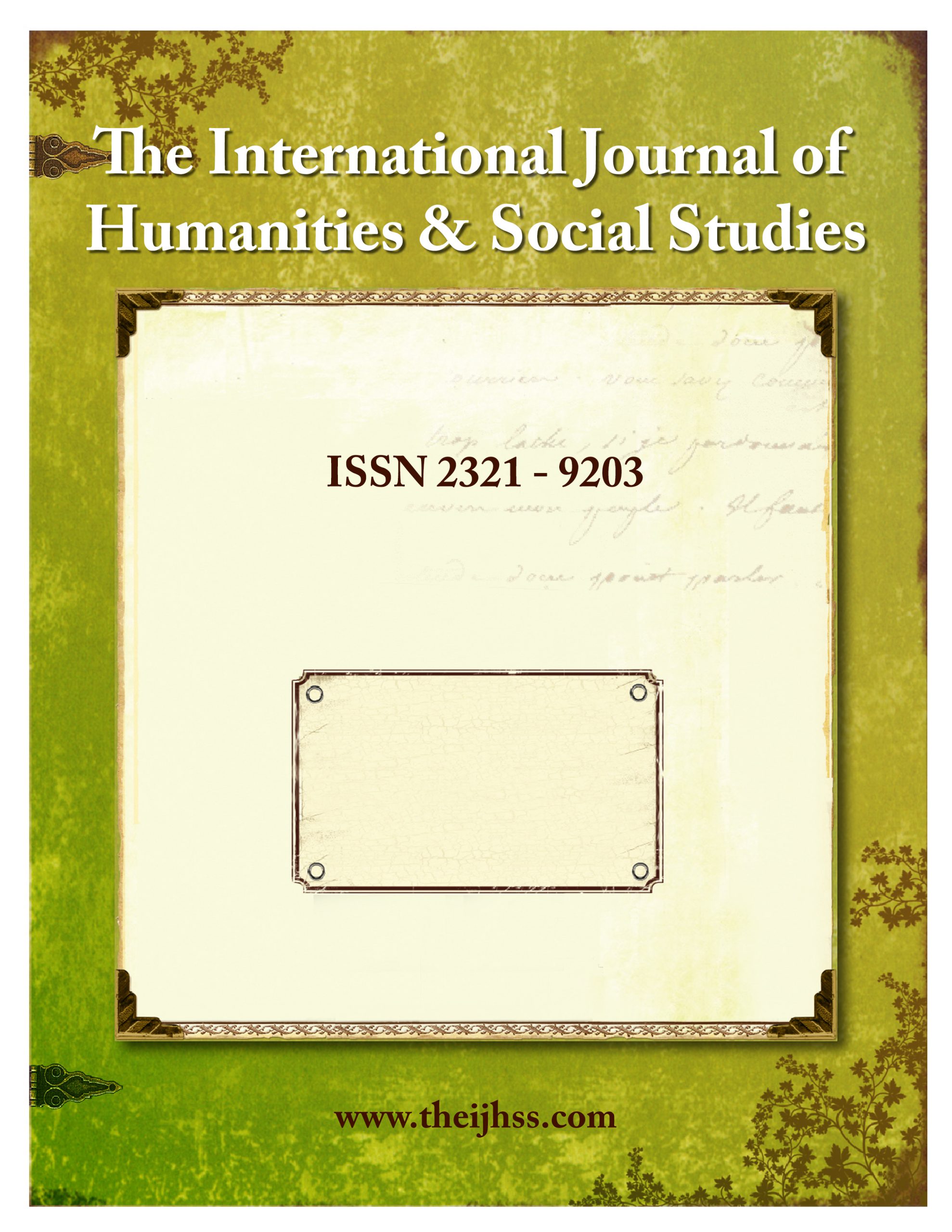Becoming an academician is not an easy job in this competitive world. However, sometimes, the requirement to know a discipline in-depth becomes life goal and then, graduate students, sometimes teachers, or authors look forward to doctoral studies. People who especially respond to journal call for paper throughout their Master’s degree journey are more intrigued with PhD studies because research becomes a part of their regular life with scientific publishing. But PhD is not a quick and easy journey, so how to find the right PhD that is appropriate for you? Or to know if it is at all appropriate for you?
Here is a step-by-step guide that can help you find the right PhD program for yourself-
- First Ask Yourself Why– PhD takes from 3 – 8 years to complete depending on the place, the university, your discipline program, thesis length, research methods and several other things. Hence it is time-consuming. It takes a major part of your life, while others of your age start working and earning. It also costs heavy, beyond the scholarships and aids. So, just like before taking any major decision in life, you should ask yourself ‘why’, for a doctoral program too, you need to question yourself, ‘why’ you want to do a PhD Is it because you think its prestigious, or because you really have the passion for research and knowledge accumulation? Or is it because you have a missing link to discover in your field of study with further research? Ask the right question to get your reason for a PhD
- Ask If You Really Want to Do a PhD– For a PhD, your passion will be your motivation to step forward and continue a stressful long journey. But to make it breezy, you have to have the proper intent and fervor for it. You must be really wanting to earn a doctorate when you choose your PhD you cannot be thinking ‘working was better’, later on.
- Identify What You Are Really Interested in– It is good to remember that PhD is not a one year or 2 years’ affair. You have to maintain your concentration and dedication for up to 7 or even 8 years. Hence you must opt for something that really interests you. A subject of your interest will motivate you to take up journal call for paper; it will probe you to find more about the search, but if you choose something that is just for some exterior motives like a job, a position, a role, a salary etc. might not keep you motivated throughout the long journey.
- Ensure Your Funding for the Study– Doing a PhD especially in countries like USA, Canada, Australia or New Zealand can be quite expensive, even after you receive your waivers and scholarships. Some university grants you stipend opportunities where you can earn but that is just a modest amount. However, if you are opting for distant learning or hybrid programs, you must keep in mind that such non-standard modes can be quite expensive putting you under heavy loan amounts. Before committing yourself to a PhD, keep the costs in mind, which includes your accommodation, food etc.
- Choose the Right Medium of Instruction That Suits You– As we have discussed, and it will come up again and again, PhD is not a two-days’ affair. It’s a long-term commitment. It is almost impossible for people to sit and study for so long without any funding or income. Hence many people might choose to work and learn. If that is your case, you have to opt for universities that allow distant learning, online communications or hybrid programs. Some like to soak in all the experience of working with eminent professors, scholars and colleagues, in personal touch, so they might choose places offering full-time on-campus courses. It depends on what is your purpose and you have to work according while finding your university, funding source and program.
- Choose the Right University– when you are clear in your head about your goal, objectives and interests, your ability to fund the program etc., start looking for the university that best suits your goals. However, another thing to consider in this step is the type of projects that receive funding in the related universities. Academically excellent universities will give you better opportunities to attend to prestigious journal call for paper, while those with average grades and mission will not give you elevated project experiences or publishing chances. The university you choose must be affordable, high quality in terms of academics, must have eminent professors and scholars, must be having programs on your interest and must be feasibly located too. It must also provide good scholarship and stipend opportunities.
It is a hard work to accomplish while choosing the right PhD in the right University. Convenience of location so that you can work regularly there and learn, moderate fees, education standards and quality, research projects and superior supervisors are things to look for, and attain in one nutshell. It is hard but achievable. So you must start looking for PhD options earlier, from the time you are enrolled in your Master’s program.










